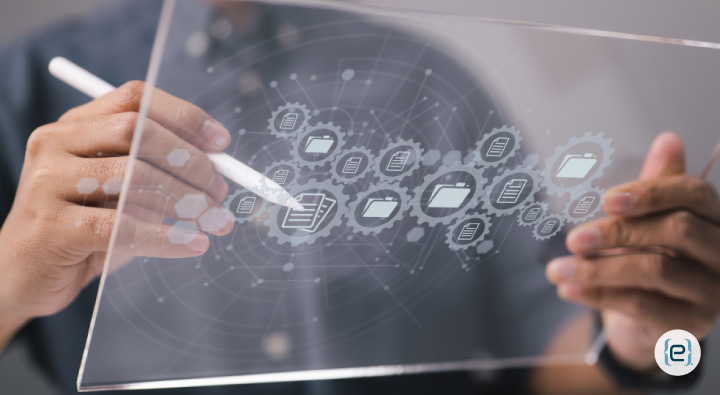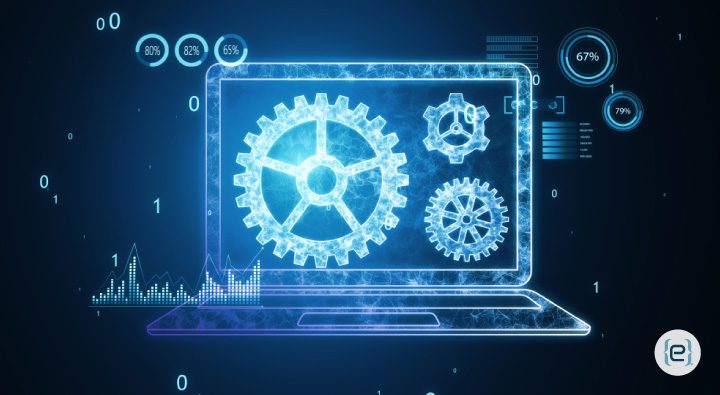The Digital Throne Game
Last week, I watched a startup demo their “revolutionary new operating system.” Three months and millions in venture capital later, they’re pivoting to making apps for Windows. Here’s my take: you’re not stuck with Windows, macOS, and Linux because they’re the best possible operating systems—you’re stuck with them because the barriers to creating a new OS are nearly insurmountable.
The Network Effect Nightmare
Remember Google’s attempt to break in with Chrome OS? Even with Google’s massive resources and ecosystem, they’ve barely dented the traditional OS market. Why? Software developers go where the users are, and users go where the software is—a classic chicken-and-egg problem. The network effect is a powerful force, and it’s why so many ambitious projects fizzle out before gaining traction.
The Enterprise Entrenchment
Corporate IT infrastructure is like digital continental drift—slow-moving and resistant to change. One tech director I know estimated it would cost his company millions to switch operating systems, not counting retraining costs. This institutional momentum keeps the status quo firmly in place. If your firm is considering a shift, you’ll quickly realize how deeply embedded these systems are in daily operations. For organizations seeking to modernize, 24/7 IT support is essential to manage transitions smoothly.
The Developer Dilemma
Building a new operating system isn’t just about creating the core system—it’s about convincing developers to write software for it. Palm OS didn’t fail because it was bad; it failed because developers couldn’t justify supporting another platform. Modern developers already struggle to maintain versions for Windows, Mac, and Linux. This is why robust managed services are critical for any company aiming to innovate in the OS space.
The Hardware Hustle and Legacy Lock-In
Apple’s success comes partly from controlling both hardware and software. Any new OS contender must either work on existing hardware (immensely complex) or convince manufacturers to support them (nearly impossible without an existing user base). Meanwhile, decades of accumulated software, files, and workflows keep users tied to existing systems. Some design studios still run Windows 7 because their expensive specialty software hasn’t been updated for newer systems. Breaking this dependency means solving thousands of unique cases.

The Cloud Challenge and Mobile Mirage
Cloud computing might seem like it could break the OS oligarchy, but it’s actually reinforcing it. Web apps still need an operating system to run the browser, and guess which browsers get the most testing and support? The ones running on major operating systems. Even with the rise of mobile, iOS and Android succeeded by creating a new category—not by replacing desktop systems. Any new desktop OS must compete directly with entrenched players. For businesses navigating these shifts, understanding cloud computing challenges and opportunities is crucial.
The Security Struggle and Interface Inertia
Security requirements for modern operating systems are staggering. One security expert compared it to building a bank vault while it’s being actively robbed. The big three have decades of security experience and thousands of engineers working on these problems. Users also expect operating systems to work in familiar ways. A truly innovative OS interface might be better, but it would face massive resistance from users trained on existing systems. Remember Microsoft’s Windows 8 experiment? Change is hard—especially at scale.
The Market Momentum and Future Frontier
Even if a new operating system solved all these problems, it would face the greatest challenge of all: convincing people to change. One software company spent millions developing a streamlined OS for education, only to find schools wouldn’t switch because parents wanted kids to learn “real” operating systems.
So, where might disruption come from? The most likely path isn’t a new traditional operating system—it’s a fundamental shift in how you interact with computers. AR/VR systems might create an opening for new OS paradigms. If you’re interested in how AI and emerging tech could impact your business, explore intelligent systems and their transformative potential.
The AI Angle and Quantum Question
Artificial intelligence could completely change how you interact with computers. Future operating systems might focus more on managing AI interactions than files and applications, opening the door for new approaches. Quantum computing will also require entirely new ways of thinking about operating systems, potentially creating opportunities for new players—though the existing giants are already investing heavily in this space.
The Bottom Line: Prepare for Paradigm Shifts
Will we see a new major player in traditional operating systems? Probably not. But the paradigm might shift so dramatically that today’s operating systems become as relevant as DOS is now. The next great disruption in operating systems probably won’t look like an operating system at all. Just as smartphones changed personal computing without replacing desktop OS’s, the next revolution might come from an entirely unexpected direction.
Remember that startup I mentioned? Their real mistake wasn’t trying to create a new operating system—it was trying to compete on the same playing field as the established giants. The future belongs to those who can reimagine what an operating system could be, not those who try to build a better Windows.
Are you ready to navigate the evolving tech landscape and ensure your business isn’t left behind? Contact eMazzanti today to learn how we can help your organization stay ahead of the curve with innovative IT solutions and expert guidance.






